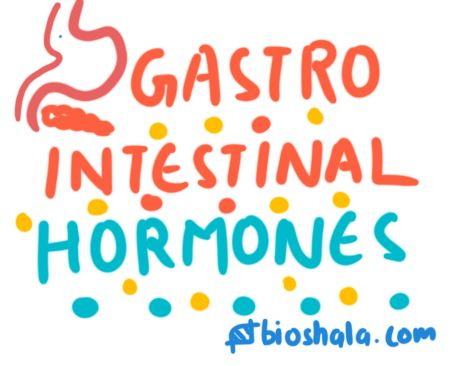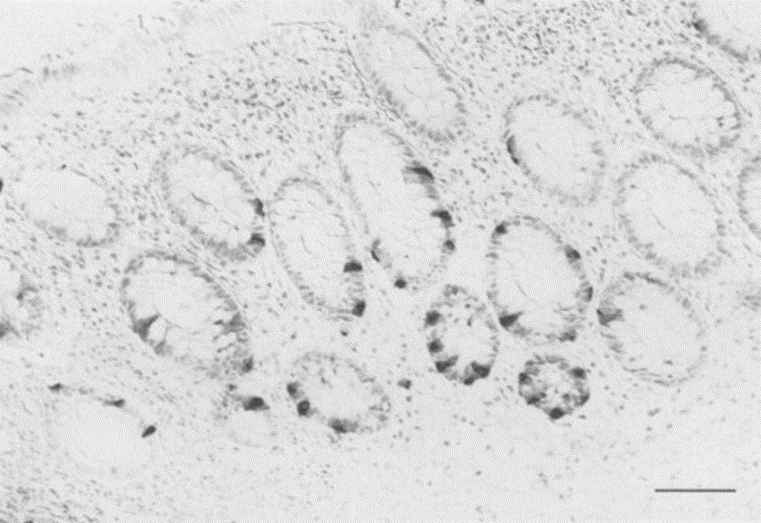The gastrointestinal hormones are also known as the gut hormones, and they constitute the group of hormones that are secreted by the enteroendocrine cells, in the pancreas, small intestine, and the stomach, and are specialized for controlling the different functions of the digestive organs. These enteroendocrine cells do not have any role to make the glands, but they are present throughout the digestive tract. They exert their paracrine and the autocrine actions for the integration of the gastrointestinal function.

Classification of Gastrointestinal Hormones
The gastrointestinal hormones are divided into following categories, based on their chemical nature.
- Gastrin–cholecystokinin family which contains the cholecystokinin and gastrin.
- Secretin family which contains the glucagon, secretin, gastric inhibitory peptide, and the vasoactive intestinal peptide.
- Somatostatin family.
- Motilin Family.
- Substance P.

Functions of Gastrointestinal Hormones
The gastrointestinal hormones are directly secreted to the bloodstream. They work for promoting the physical processes related to the food digestion, detection of the harmful substances and the generation of the responses for protection against the harmful substance. The secretion of the classical gastrointestinal hormones is by the epithelial cells’ linings of the lumen, of the small intestine, and the stomach. The cells which secretes these hormones are known as the endo-crinocytes, and they are interspersed among a large number of the epithelial cells which are specialized for secreting their products such as the mucus, and the acid to the lumen and for the uptake of the nutrients from the lumen.
Gastrointestinal hormones are systemically circulated due to their secretion to the bloodstream, where the effect the parts of the liver, pancreas, digestive tube, brain, and the variety of other targeted parts of the body. The gastrointestinal functions are also affected by the other hormones, such as by the neurotransmitters, and neuropeptides. Interestingly, many gastrointestinal hormones are synthesized in the brain, so they are also known as the brain-gut peptides.
Major Activities of Gastrointestinal Hormones
Gastrin: This hormone is specified for the stimulation of the gastric acid secretion and the proliferation of the gastric epithelium.
Cholecystokinin: This hormone, stimulates the secretion of the pancreatic enzyme, and is also responsible for the contraction and the emptying of the gall bladder.
Secretin: It stimulates the secretion of the bicarbonate and the water from the bile ducts and the pancreas.
Ghrelin: It works as a strong stimulator for the apatite, and the feeding and is also a potent stimulator for the secretion of growth hormones.
Motilin: It is involved in the stimulation of the housekeeping patterns regarding the motility in the small intestine and the stomach.